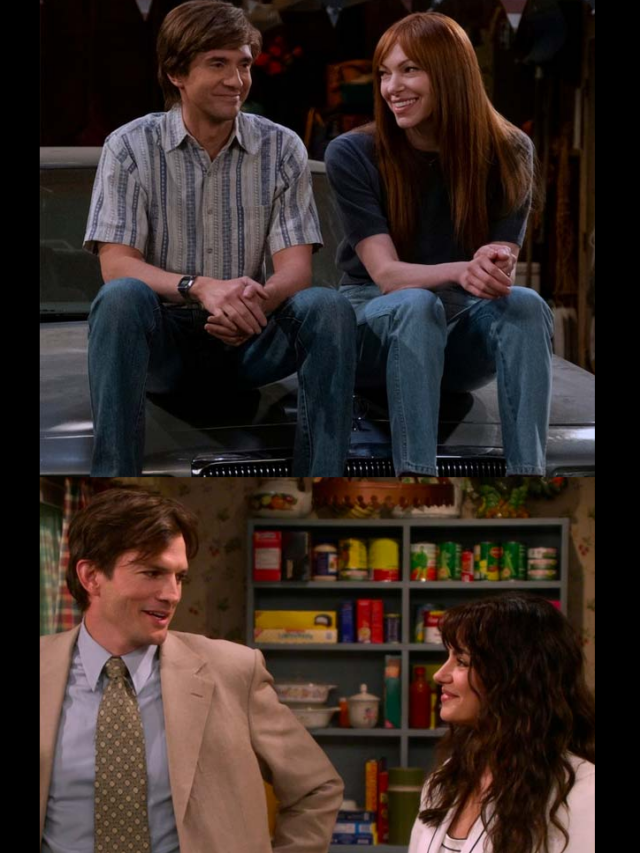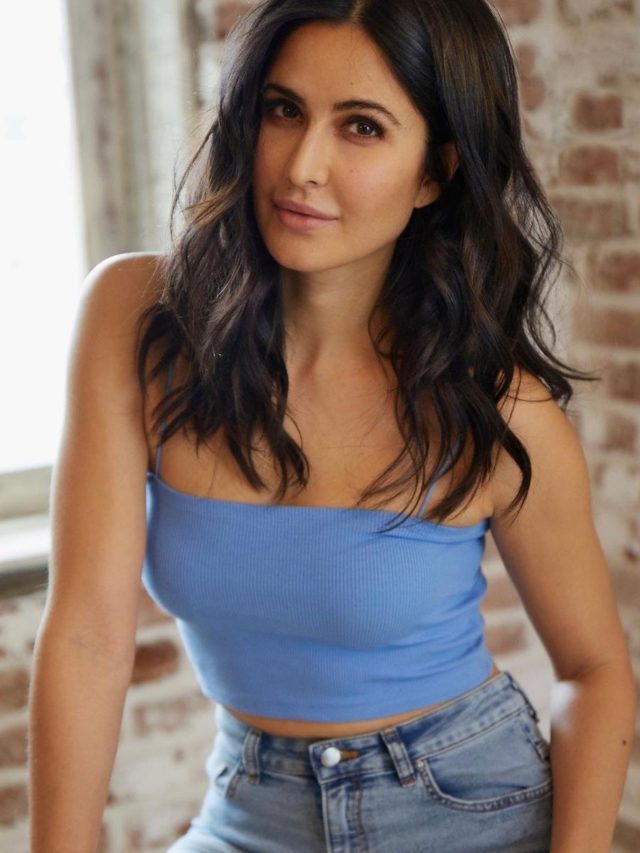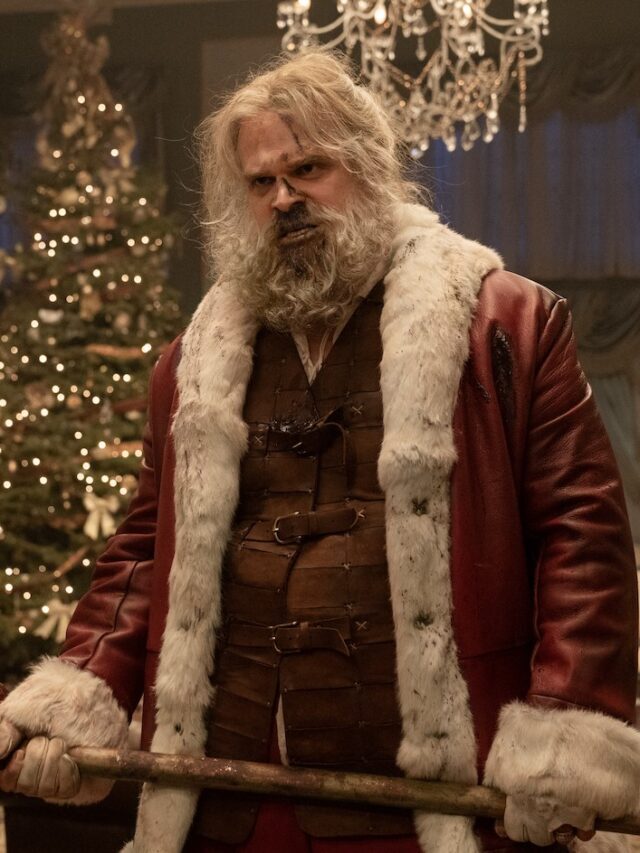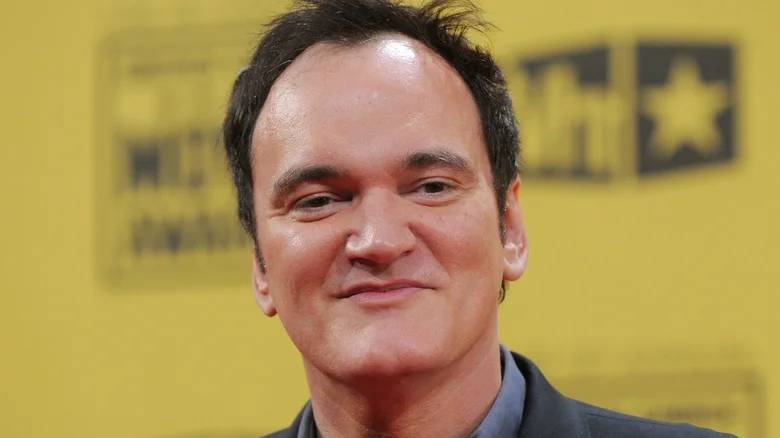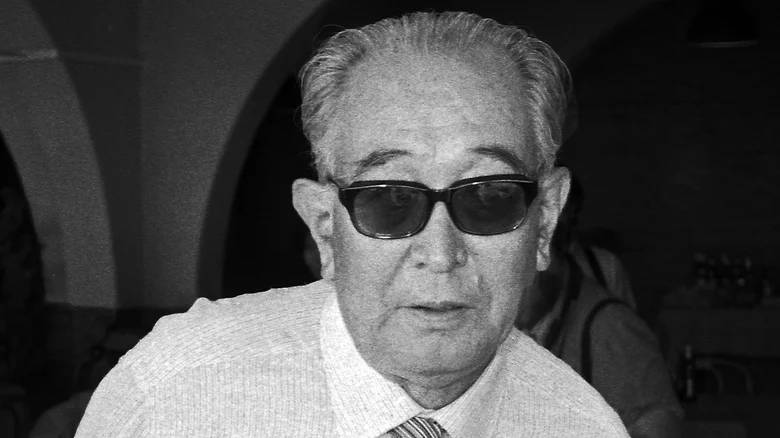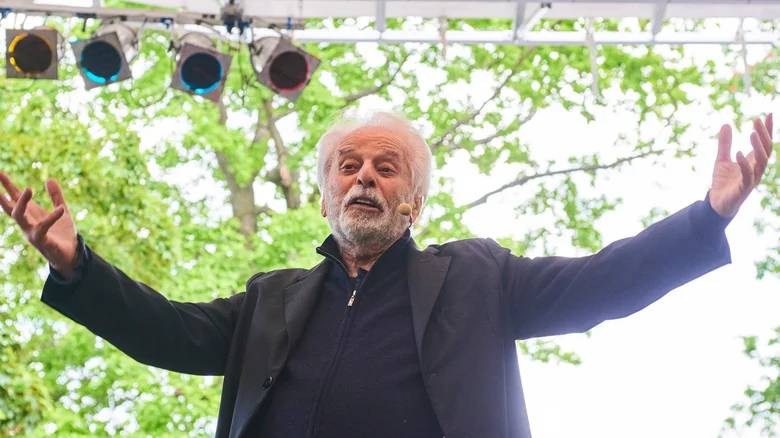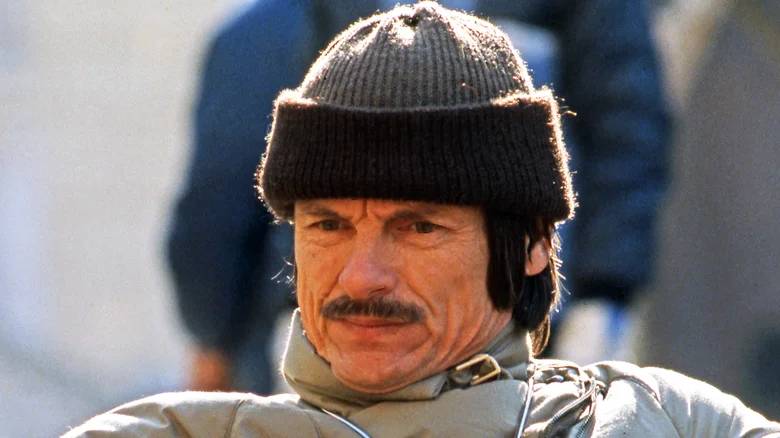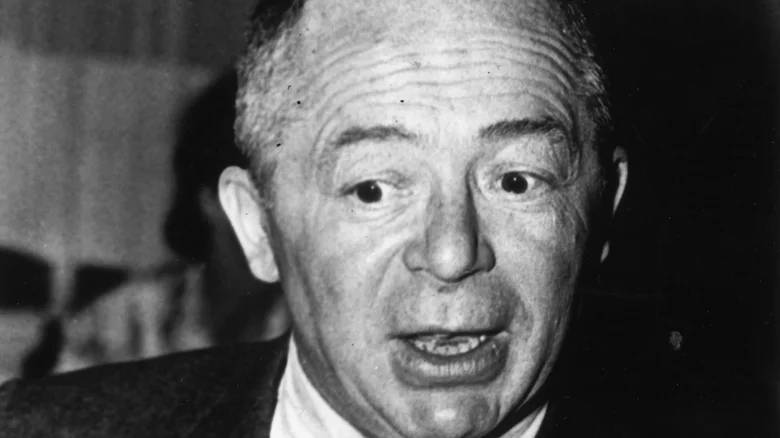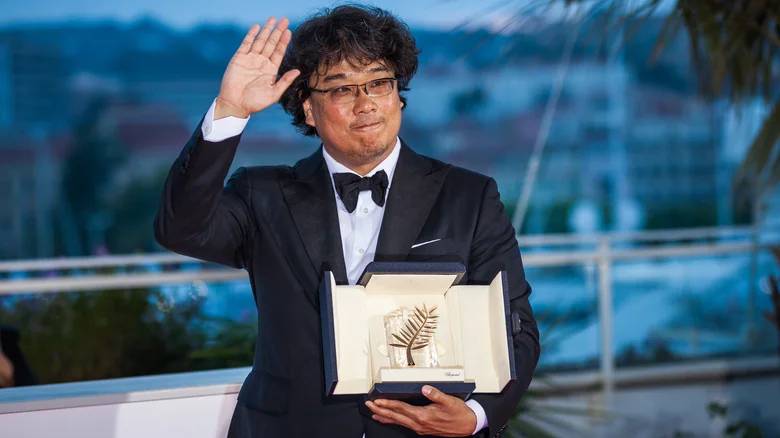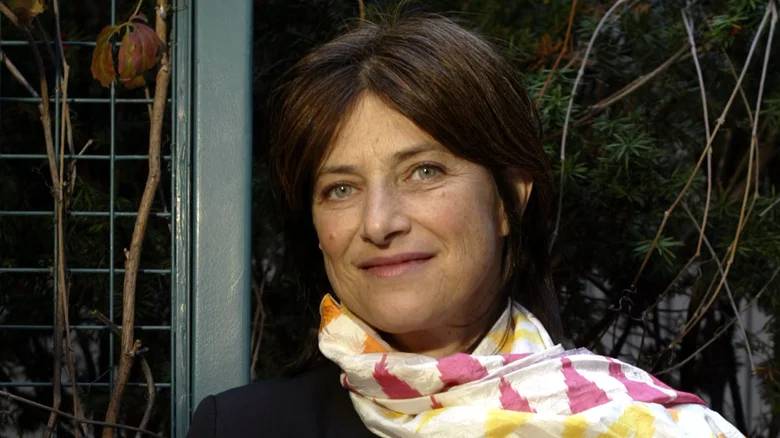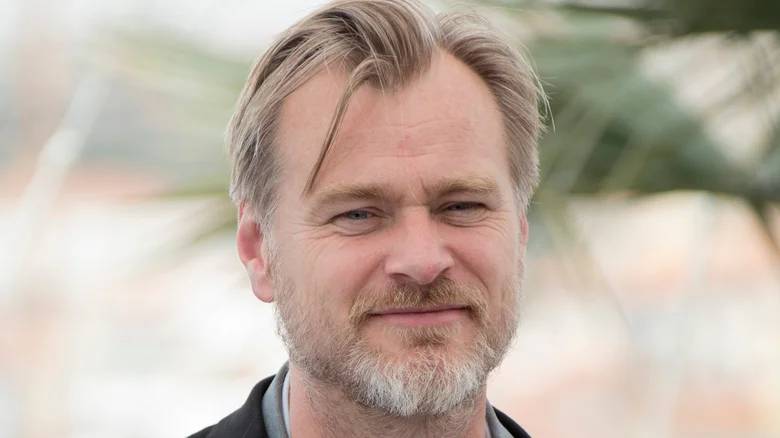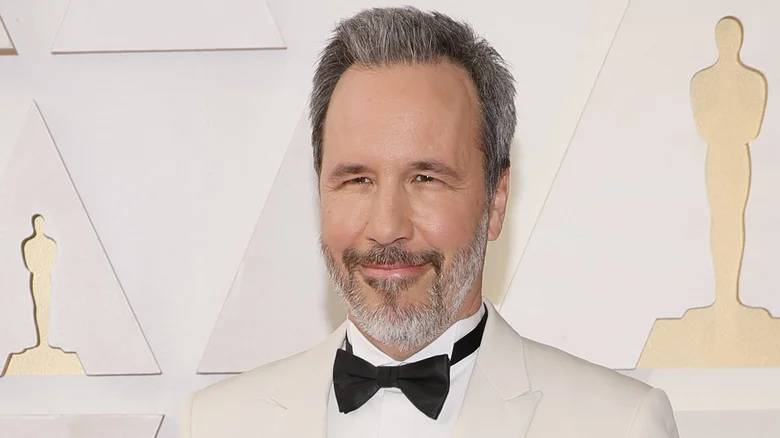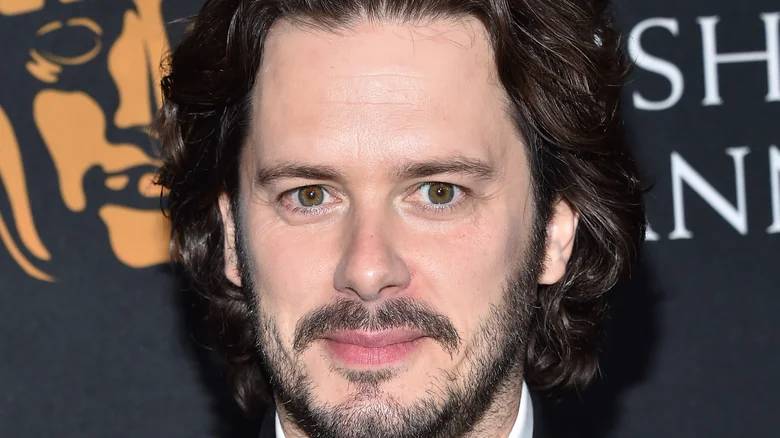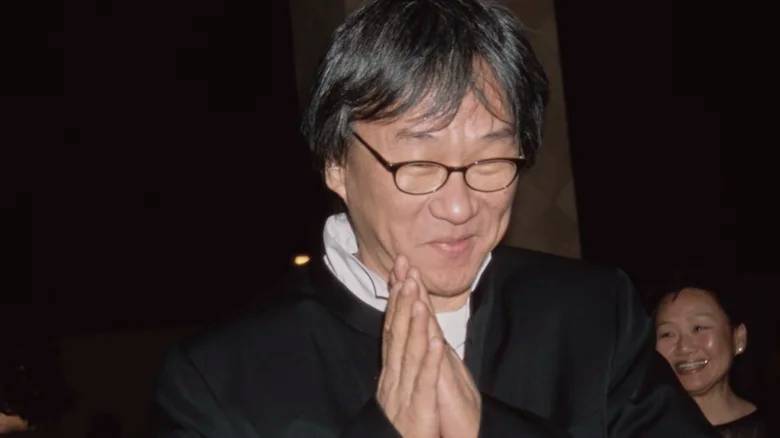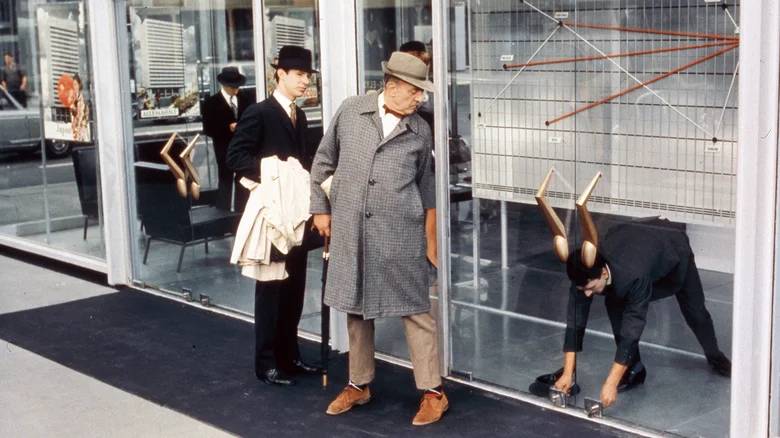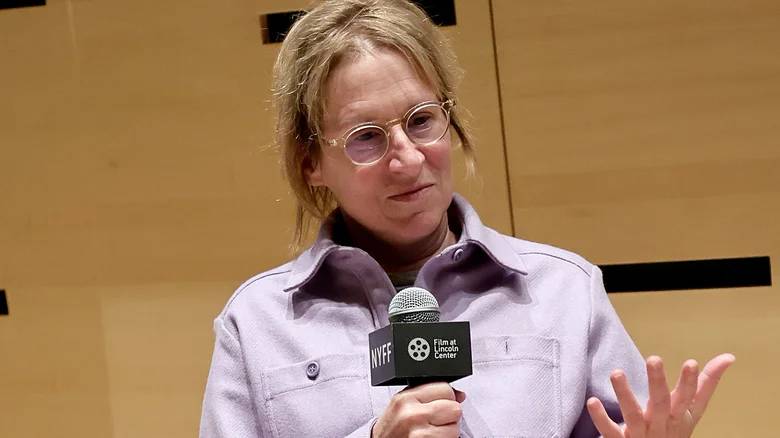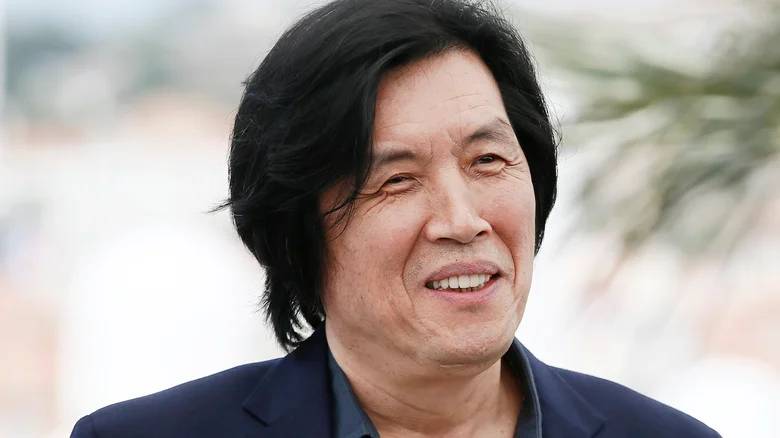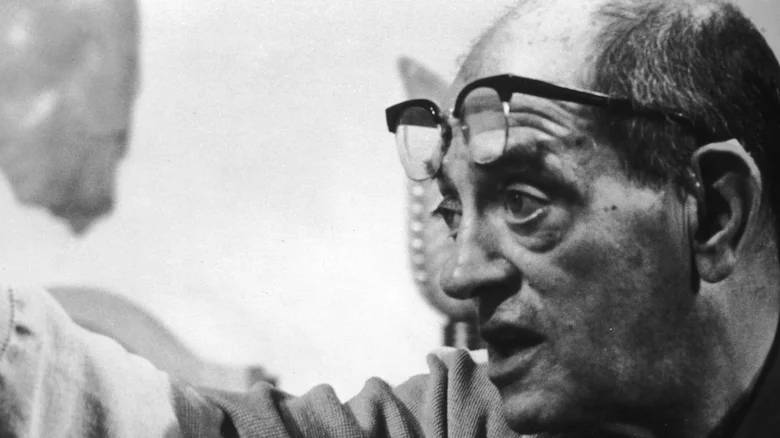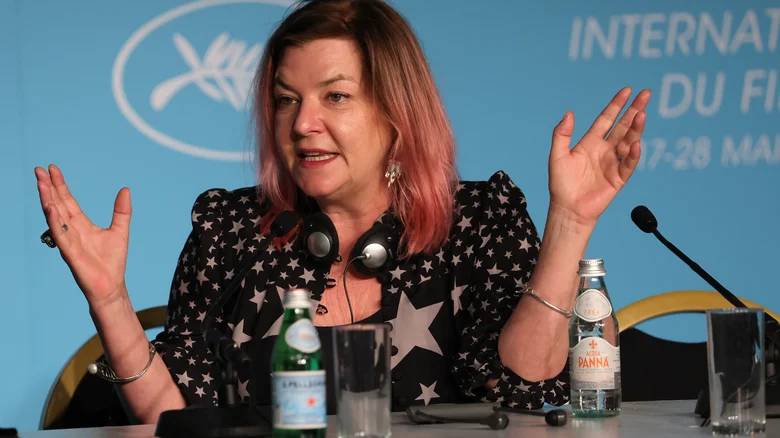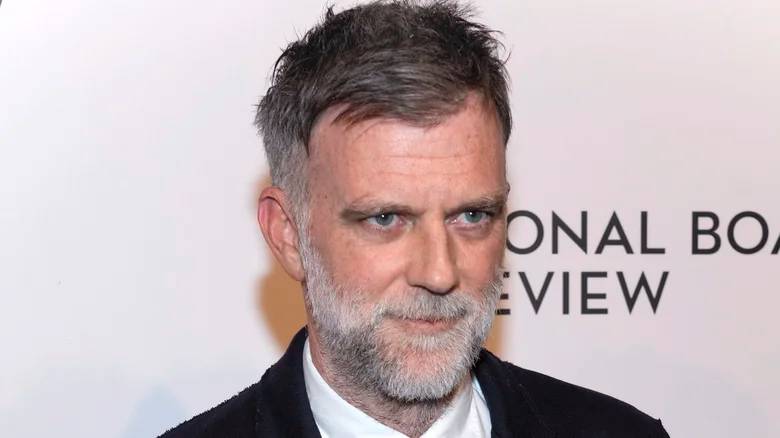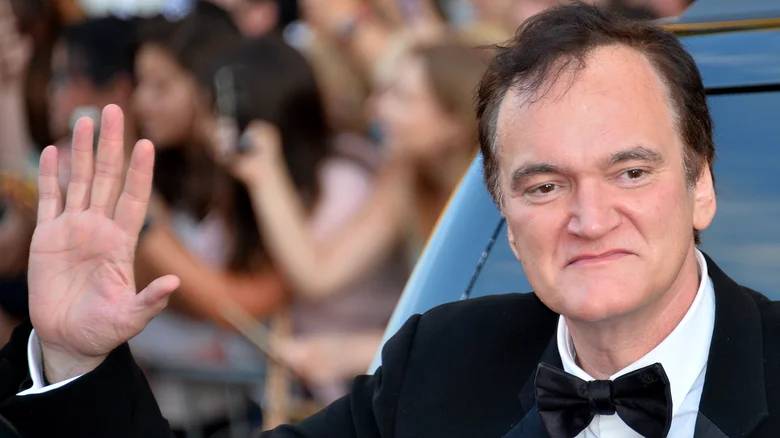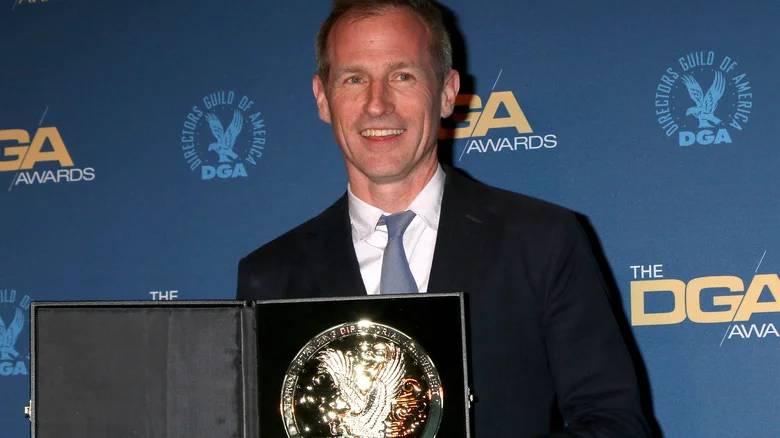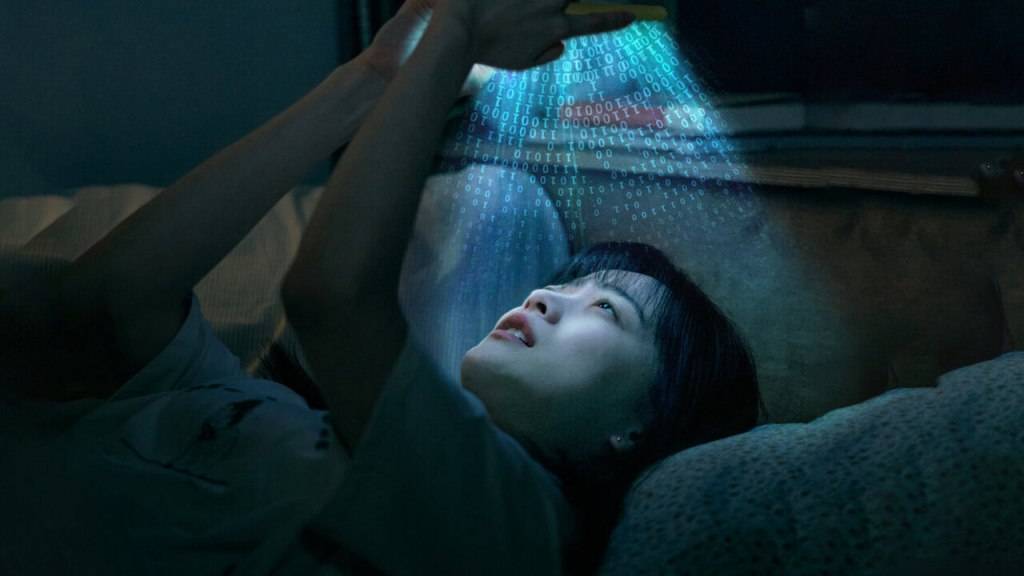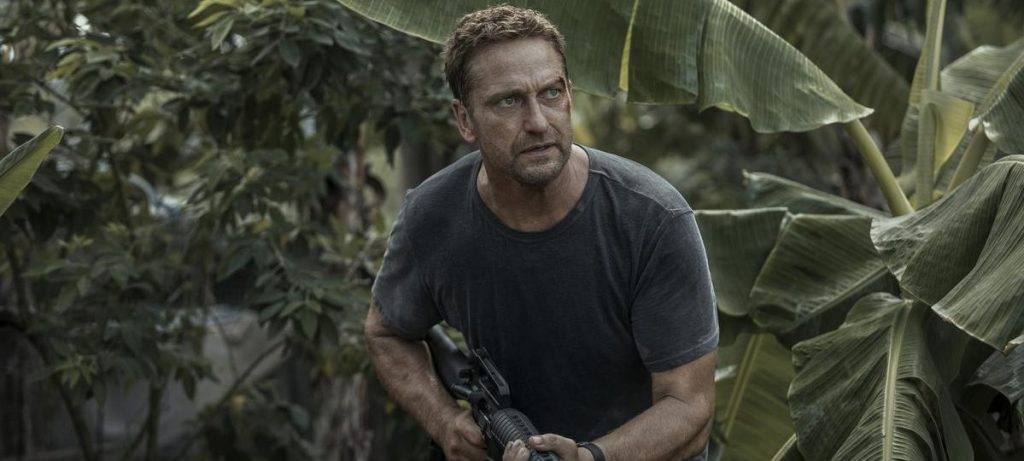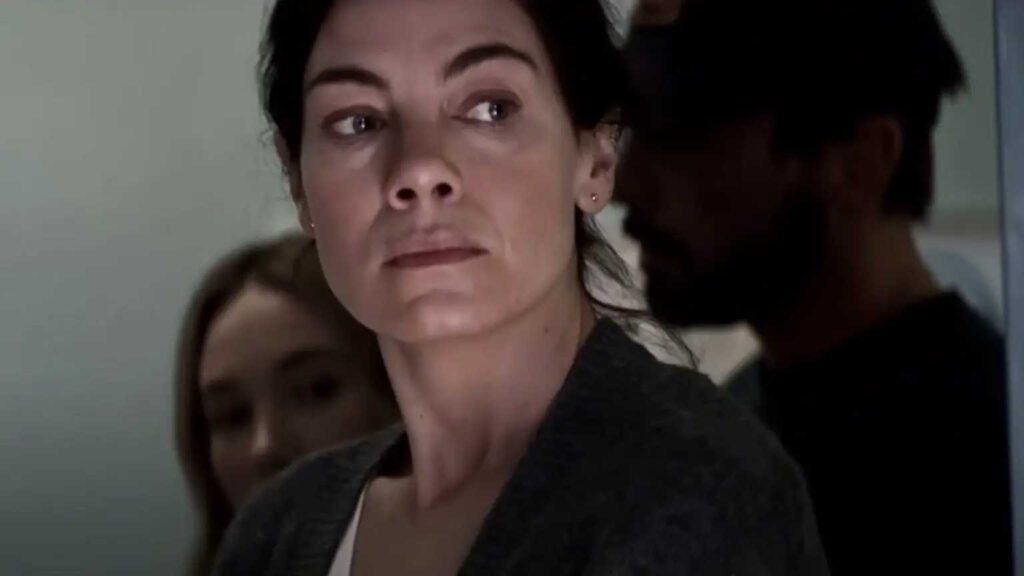In any industry, building and keeping a perfect record is tremendously difficult, but it’s especially difficult in the arts where subjectivity is so important. It appears that everyone involved, both in front of and behind the camera, needs to be at their best in order to make even one terrific film. Creating a timeless classic with each and every production? That requires a skilled director with a steady hand.
The number of directors with flawless filmographies is rather few. Even the best directors in the world, such as Lynch (“Dune”), Spielberg (“1941”), and Scorsese (“New York, New York”), often have at least one genuine flop in their filmography.
There are just a very small number of directors who haven’t yet missed. These are the directors who possess such exceptional status, according to Rotten Tomatoes critics’ consensus rankings, at least. There isn’t a single “rotten” director among them.
Table Of Content
- 1 Akira Kurosawa
- 2 Alejandro Jodorowsky
- 3 Andrei Tarkovsky
- 4 Billy Wilder
- 5 Bong Joon-ho
- 6 Chantal Akerman
- 7 Christopher Nolan
- 8 Denis Villeneuve
- 9 Edgar Wright
- 10 Edward Yang
- 11 Jacques Tati
- 12 Kelly Reichardt
- 13 Lee Chang-dong
- 14 Luis Buñuel
- 15 Lynne Ramsay
- 16 Paul Thomas Anderson
- 17 Quentin Tarantino
- 18 Spike Jonze
Akira Kurosawa
Tokyo-born Kurosawa, one of the most important filmmakers ever, launched his directing career in 1943 with “Sanshiro Sugata.” His final picture, “Madadayo,” marked the end of his career exactly fifty years later. He passed away later that same year. Between them were such instant masterpieces as “Rashomon,” “Seven Samurai,” “Ikiru,” “Ran,” “Kagemusha,” “Sanjuro,” and “Yojimbo,” which American filmmakers frequently plagiarised.
During the time of Kurosawa, the film industry saw a significant transformation, and he played a significant role in that transformation not just in his native Japan but also globally.
Although Kurosawa is most frequently associated with the samurai genre, his non-sword-brandishing pictures were no less outstanding. He directed nearly 30 feature films.
Alejandro Jodorowsky
Jodorowsky, a celebrated surrealist filmmaker from Chile, is getting close to 100 years old and is still actively working on new projects.
After earning his start in the infamous artistic group Mouvement Panique, he had his first run-in with fame in 1968 with his odd, contentious feature-length début, “Fando and Lis.” The film’s content was so inflammatory that it sparked large-scale riots and public brawls before being subsequently outlawed in Mexico, where it was first produced. Jodorowsky’s subsequent films, including “El Topo,” “The Holy Mountain,” and “Holy Blood,” during the 1970s and 1980s, continued to push limits, spark debate, and win praise from reviewers in spite of this severe controversy.
The 2013 documentary “Jodorowsky’s Dune” highlighted the director’s unsuccessful attempt to adapt the “Dune” book for the big screen, but it also rekindled his creative passion, inspiring him to return to directing with “The Dance of Reality,” his first feature film in more than a decade. “Endless Poetry,” the follow-up film by Jodorowsky, also received the Certified Fresh rating on Rotten Tomatoes. Amazingly, Jodorowsky is still busy in his 90s, with his documentary “Psychomagic, a Healing Art” coming out in 2019 and seemingly endless rumours of a “El Topo” sequel.
Andrei Tarkovsky
Some consider the Russian director Andrei Tarkovsky to be among the finest filmmakers of all time, if not the best. The renowned Swedish director Ingmar Bergman, who frequently defended him and declared, “Tarkovsky is the greatest of them all,” was a significant proponent of such viewpoint.
Over the course of his career, Tarkovsky only produced seven full-length movies, but each one of them is regarded as a classic. His movies “Andrei Rublev,” “Mirror,” and “Stalker” all reached the BFI’s list of the top 100 movies of all time. His other movies, “Ivan’s Childhood,” “Solaris,” “Nostalghia,” and “The Sacrifice,” are all enduring masterpieces.
Tarkovsky’s premature death from cancer at the age of 54 contributed to the fact that his body of work was truncated. Some people think the illness can be traced back to the production of his 1979 movie “Stalker,” which was filmed next to a polluting chemical facility. Anatoliy Solonitsyn, who played the lead in the movie, and Tarkovsky’s wife Larisa, who worked with him as an assistant director on set, both went away from the same kind of cancer.
Only a few months before he died, Tarkovsky’s final movie, “The Sacrifice,” came out. It is almost incomparably powerful and deals in part with the director’s reflections on life and death.
Billy Wilder
Few directors have ever been as versatile — and as supremely talented — across genres as Wilder, the writer and/or director of such diverse classics as the romantic comedy “The Apartment,” the intense war paranoia drama “Stalag 17,” the noir classic “Double Indemnity,” and the Hollywood commentary “Sunset Blvd.” Wilder won six Academy Awards and served as an inspiration for people like Cameron Crowe.
Billy Wilder managed to carve out a brilliant, half-century-long career as a filmmaker and an even longer one as a screenwriter. In his lifetime, Wilder wrote the screenplays for nearly 80 films, making him one of Hollywood’s most illustrious screenwriters. Even while his work as a filmmaker wasn’t quite as astoundingly prolific, he was nonetheless in charge of roughly 30 movies. While not all of his films received perfect scores from Rotten Tomatoes critics, they were all winners in some way, and many of them have endured for decades.
In the early days of sound, Wilder filmed his first movie, “Bad Seed,” and his final movie, “Buddy Buddy,” was released in 1981. Throughout his career, the cinematic world underwent significant and frequent change, and Wilder was able to adapt, stay current, and continue making high-caliber films. While some of his movies can be viewed as lesser efforts, others, including “Sabrina,” “Ace in the Hole,” “The Lost Weekend,” and “Some Like it Hot,” are among the best of all time. For most directors, directing even one movie of this calibre would be their professional high point; Wilder did it frequently over the course of several years.
Bong Joon-ho
The 2019 success “Parasite” elevated Bong Joon-ho to an unmatched level of international prominence, making him possibly the most well-known and regarded South Korean filmmaker now at work. The movie, a scathing, brutal satire of class politics, broke all box office records in the nation and made history by being the first foreign language film to win the Best Picture Oscar.
With the exception of his debut feature, “Barking Dogs Never Bite,” all seven of Bong Joon-feature ho’s films have received positive reviews and have received a Fresh rating from Rotten Tomatoes. His Netflix Original “Okja” had the lowest rating, although even it had a score in the upper 80s. With films like “The Host” and “Memories of Murder,” Bong Joon-ho uses his native tongue; with “Snowpiercer” and “Okja,” he uses a combination of Korean and English. His following movie, “Mickey 17,” is slated for release in 2024 and is based on the “Mickey7” book series by Edward Ashton.
Chantal Akerman
The Meetings of Anna, Je Tu Il Elle, and News From Home are three critically regarded films by Belgian director Chantal Akerman, although the typical moviegoer may not be aware with her name. The 1975 film “Jeanne Dielman, 23 Quai du Commerce, 1080 Bruxelles,” which was just voted the finest movie ever by the British Film Institute’s Sight and Sound critics survey, may be her greatest work, nevertheless.
Throughout her career, all of Akerman’s films received outstanding reviews from critics, although the general public frequently showed less interest. Her unconventional approach to filmmaking demanded that viewers have patience and engage in critical thought. In “Jeanne Dielman,” which has a three-and-a-half-hour length, the title character’s menial everyday activities are depicted in excruciating detail. The average viewer may dismiss this movie as being dull and/or pretentious, but those who are prepared to follow the story’s lead and align themselves with its tone are aware of the depth of meaning that lies beyond the surface.
Akerman kept producing till her passing in 2015. The documentary “No Home Movie,” which served as her last offering, provided a personal portrait of both her mother and herself. Her mother passed away in 2014, and shortly after the documentary’s release, Akerman committed herself.
Christopher Nolan
With the low-budget thriller “Following,” Nolan made his feature picture debut in 1998. He experimented with non-chronological narrative immediately away, and right away, he produced a successful piece. Since then, Nolan’s movies have expanded in size, budget, and ambition; they have also not only won praise from reviewers but also gained the coveted Certified Fresh label on Rotten Tomatoes. Up until “Tenet,” that is.
The most current Nolan movie is also his lowest-rated and the one that came the closest to ending his unbroken winning streak, yet he still managed to eke out a new score. The mind-bending classics “Memento,” “Inception,” and his adaptation of “Insomnia,” the magical drama “The Prestige,” the war epic “Dunkirk,” and the outlandish space adventure “Interstellar” were all favourites of both audiences and critics. His subsequent movie, “Oppenheimer,” will attempt to break the streak once more, and if it receives yet another certified fresh consensus, it may very well represent a return to form.
Denis Villeneuve
Denis Villeneuve, a French-Canadian director, is undoubtedly one of the most exciting contemporary filmmakers. Before reaching wide-spread success with his 2013 Oscar-nominated thriller “Prisoners,” he started capturing the interest of cinephiles with drama movies like “Incendies” and “Polytechnique.” Villeneuve has already amassed a sizable body of work, despite the fact that his name has just recently become widely known. He has proven to be able to produce high-caliber movies swiftly and consistently.
Villeneuve also had the eerie horror movie “Enemy” come out the same year “Prisoners” entered theatres. With the one-year-separate releases of “Sicario,” “Arrival,” and “Blade Runner 2049,” he followed up his hectic 2013. With the two aforementioned films and his “Dune” remake, Villeneuve has recently turned his attention to the sci-fi genre after demonstrating his versatility in previous years. The movie, which had Villeneuve’s highest budget to date and earned more than $400 million worldwide, paved the stage for “Dune: Part 2.” Executive producing “Dune: The Sisterhood,” a spinoff television series, is Villeneuve as well.
Edgar Wright
With the release of “Shaun of the Dead” in 2004, British filmmaker Edgar Wright broke into the mainstream after rising through the ranks of the business with independent short films and TV series like “Spaced.” Wright currently has a flawless filmography, whether it is the sequels that completed his Cornetto trilogy (“Hot Fuzz” and “The World’s End”) or his American efforts like “Baby Driver” and “Scott Pilgrim vs. the World.” Additionally, he has the rare pleasure of having every single movie he has directed to date receive the Rotten Tomatoes Certified Fresh seal of approval.
Wright ventured far from the customary humorous genre fusions with which he built his name with his most recent movie, the thriller “Last Night in Soho” from 2021. It was highly appreciated when he left, but it was the first time he had dipped below 80% fresh. Wright made his filmmaking debut in 2021 with the music documentary “The Sparks Brothers,” which featured the band in question, which has been labelled “your favourite band’s favourite band.” Additionally, Wright oversaw the unique Sparks Brothers concert performance titled “What on earth is going on this time? Live in London is Sparks.”
Edward Yang
Edward Yang, who was raised in Shanghai, moved to the US to attend UCLA to study film. He made his home in Taiwan, where he led a developing cinematic movement. Along with other renowned directors like Hou Hsiao-Hsien, Yang became recognised as one of the key voices of the Taiwanese New Wave. His debut film, the 1981 made-for-TV “Duckweed,” is a rarity today and was his first attempt at directing. Two years later, he released “That Day, on the Beach,” his first full feature picture. He then released “The Terrorizers” and “Taipei Story,” both of which were warmly received.
Some consider Yang’s “A Brighter Summer Day” from 1991 and “Yi Yi,” also known as “A One and a Two…,” from 2000 to be two of the best dramas ever created. In the BFI’s annual Sight & Sound survey, both movies were among the top 100, and they frequently appear in comparable rankings. “Yi Yi” received Yang the Best Director award at the Cannes Film Festival and was a Palme d’Or nominee. Yang had several possible projects in the works as a way to build on this significant achievement, but they were all ultimately cancelled as his health declined. He was unable to continue making movies due to a lengthy case of colon cancer, which would take his life in 2007.
Jacques Tati
Tati was a unique master of comedy who drew inspiration from vaudeville and silent movies to create his own brand of slapstick and visual humour. Tati’s films had the makings of silent films, even if they occasionally featured lines of conversation; normally, their humour would develop wordlessly, methodically, and artistically.
The so-called “King of French Comedy” only made six movies, which, admittedly, helped his batting average as a director, but it’s hard to top his classics, which are almost entirely centred on a clumsy, trench-coated, well-meaning character played by Tati: “Monsieur Hulot’s Holiday” from 1953, “Playtime” from 1967, “Mon Oncle” from 1958, and “Jour de Fete” from 1949 are among his Peter Sellers, Rowan Atkinson, and Wes Anderson are just a few of the legends that Tati has influenced.
“The film is made with the same level of care and attention to detail as a Keaton or Chaplin production. In his review of “Holiday, ” Roger Ebert observed that sight gags are “laid up with such patience that they seem to uncover hidden functions in the clockwork of the cosmos.” “and the persona of Hulot. Nothing goes as planned, but nothing surprises him. His demeanour exhibits an almost mystical acceptance.
Tati began his film career in the late 1940s and ended it in the 1970s. His work is a meticulously constructed puzzle box of slapstick comedy. His experience in the circus and as a mime influenced his cinematic comedic stylings.
Kelly Reichardt
The drama “River of Grass” from 1994 was Kelly Reichardt’s debut as a director. Reichardt established herself as a promising new director right away with a Sundance Grand Jury Prize nomination and numerous Independent Spirit Award nominations, and her subsequent eight films have been equally as impressive (or even more so), with particular standout titles like “Wendy and Lucy,” “Meek’s Cutoff,” and “Last Cow.”
Since most of her films to this far have been fairly arthouse, reviewers have praised her work despite the fact that broad audiences haven’t responded favourably to them. Critics have never given a score below 85% on Rotten Tomatoes, despite poor audience reviews on a handful of her movies. Reichardt is an awards favourite and frequently recognised by major organisations like the Cannes Film Festival and the Cahiers du Cinéma, despite being far from being a mainstream, commercial filmmaker. At the most recent Cannes Film Festival, “Showing Up,” her most recent movie, was nominated for the Palme d’Or.
Lee Chang-dong
Lee Chang-dong is one of South Korea’s most well-known directors, even if he may not be as well-known as his contemporaries Bong Joon-ho and Park Chan-wook.
Before entering the film industry, he had a successful former career as a novelist, and his initial forays into storytelling took the shape of novels. Lee Chang-dong began directing later than most, and by the time he first expressed an interest in the craft, he was well into his forties.
As a co-screenwriter for director Park Kwang-su on the movies “To the Starry Island” and “A Single Spark,” he got his first taste of the movie business. A few years later, he was given the opportunity to create and direct his own movie, “Green Fish,” and he did it with distinction. “Peppermint Candy,” his follow-up movie, cemented his newfound image as South Korea’s next great auteur filmmaker and was even better.
The 2010 drama “Poetry” by Lee Chang-dong, which received over 70 positive reviews and no unfavourable ones, ended up being his most well-received work to date and joined the exclusive 100% club on Rotten Tomatoes. Despite how well-liked it was worldwide, Lee Chang-dong didn’t make another movie for a while since he was on the South Korean government’s “blacklist” and couldn’t express himself freely. Lee Chang-dong made his spectacular comeback with the mysterious thriller “Burning,” which was nominated for an Oscar and won other honours at the Cannes Film Festival and other award shows, after an absence of eight long years.
Luis Buñuel
One of the most influential surrealists in cinematic history was the Spanish director Luis Buuel. Buuel, who was born in 1900, was a significant figure in early cinema and a leading pioneer of the medium. His debut film as a director, the 1929 short “Un chien andalou,” which he co-wrote with Salvador Dal, would go on to become a seminal piece of the silent era and a crucial surrealist film milestone.
Throughout his career, which ran from the silent era through the late 1970s, Buuel was repeatedly witness to the dramatic changes that the film industry underwent. The hundreds of feature films he directed throughout the course of his career were all produced at a very high standard, demonstrating his remarkable versatility and adaptability. It is particularly impressive that some of Buuel’s most well-known movies, including “The Discreet Charm of the Bourgeoisie,” “The Phantom of Liberty,” and the last movie he made before passing away at age 83, the Academy Award-nominated “That Obscure Object of Desire,” were created in the latter stages of his career.
Lynne Ramsay
Scottish director Lynne Ramsay is known for her original and risk-taking filmmaking. She employs a poetic style of narrative storytelling that smoothly transitions between various points of view, aesthetics, and time periods. Her particular directing approach enables her to turn what could otherwise be well-known stories into pictures that feel singular; all of them have received Rotten Tomatoes critics’ certification of “Fresh.”
After establishing herself with a few noteworthy films, Ramsay made her feature picture debut in 1999 with “Ratcatcher,” which was filmed in her native nation. The movie received a lot of praise from the arthouse community and was honoured by renowned organisations including the Cannes Film Festival and the BAFTAs, where Ramsay won the Most Promising Newcomer award. With “Morvern Callar” in 2002, Ramsay followed up her breakthrough success before drastically slowing down. She has continued to make critically acclaimed movies, but she usually waits several years between each one.
Before Ramsay’s next movie, “We Need to Talk About Kevin,” which was also her first to be filmed in America, over ten years had passed. Before “You Were Never Really Here” was released in 2017, six more years had passed.
In almost 25 years, Lynne Ramsay has only produced four full-length movies, which is both spectacular and scant. It might take her some time until she makes her next feature film after making the documentary short “Brigitte” in 2019 about photographer Brigitte Lacombe. Ramsay’s upcoming film, “Stone Mattress,” will be a psychological thriller, according to Deadline. It is a film version of the same-named novel by Margaret Atwood, which is actually a collection of short tales rather than a single narrative.
Paul Thomas Anderson
Paul Thomas Anderson immediately established himself as one of the best directors of his generation after making a significant impression with his 1996 feature picture directorial debut, “Hard Eight.” PTA has never been willing to play it safe and stick to known ground, as evidenced by “Boogie Nights,” “Punch Drunk Love,” “There Will Be Blood,” and “The Master.” His films are distinguished by their originality as well as by their intricate personalities and the astounding performances he coaxes from his performers.
After a long run of much praised triumphs, Anderson’s winning streak was threatened by the unfavourably received 2014 adaptation of Thomas Pynchon’s “Inherent Vice.” It is still Anderson’s sole movie that had a horrible rating from reviewers and didn’t receive the Certified Fresh label from Rotten Tomatoes, but it managed to garner a fresh rating from critics and maintain Anderson’s overall reputation in good standing. His subsequent movie, “The Phantom Thread,” marked a welcome comeback to form, and his most recent project, “Licorice Pizza,” was another hit.
Quentin Tarantino
One of the most recognisable names in film is Quentin Tarantino. In 1992, Tarantino made his directorial debut with “Reservoir Dogs,” which became an instant smash. His subsequent film, “Pulp Fiction,” cemented Tarantino’s status as the upcoming big thing in Hollywood.
The poorly reviewed “Four Rooms” was the only Tarantino film to garner negative reviews from Rotten Tomatoes critics. To be honest, Tarantino only directed the last of the movie’s four vignettes, but it is unquestionably the greatest and might have garnered a different opinion if viewed alone.
Reading through his filmography is like listing the best movies of the past three decades, and that doesn’t even include Tarantino-written masterpieces like “True Romance” and “From Dusk Till Dawn”: “Jackie Brown” from 1997, “Inglorious Basterds” from 2009, the “Kill Bill” movies, “Django Unchained,” “The Hateful Eight,” and the movie he believes to be his best (and audiences seem to agree), ”
It’s difficult to contest the outcomes, even if Tarantino isn’t the most prolific director in Hollywood (he’s only directed nine films in 30 years) and intends to stop after his upcoming 10th movie.
It is obvious that Tarantino places a high value on producing a comprehensive, captivating body of work free of errors; if his next film succeeds, he will truly be remembered as a unique figure in the history of cinema.
Spike Jonze
Spike Jonze entered the movie business through a rather unusual method. Being one of the three founders of the defunct lifestyle magazine Dirt gave him his first taste of prominence in the magazine publishing industry. Then, by collaborating with numerous well-known artists to direct their music videos, he began to direct. Working with artists like as Sonic Youth, Weezer, Björk, The Chemical Brothers, R.E.M., Fatboy Slim, The Yeah Yeah Yeahs, and many more, Jonze created some of the most recognisable music videos of the 1990s and 2000s. The Beastie Boys was one of Jonze’s most significant band collaborations; they worked together on his debut music video together and later reunited for the Apple TV+ documentary “Beastie Boys Story.”
Despite Jonze’s relatively modest output of four feature films, they have all received widespread praise. His first two, “Being John Malkovich” and “Adaptation,” were both written by the legendary Charlie Kaufman. Then, for his next two movies, “Her” and the Oscar-winning original script “Where the Wild Things Are,” he started writing himself. Since “Her” in 2013, Jonze has continued to direct music videos and unscripted projects, but the skilled director hasn’t helmed a feature-length story.
Being a binge-watcher himself, finding Content to write about comes naturally to Divesh. From Anime to Trending Netflix Series and Celebrity News, he covers every detail and always find the right sources for his research.

